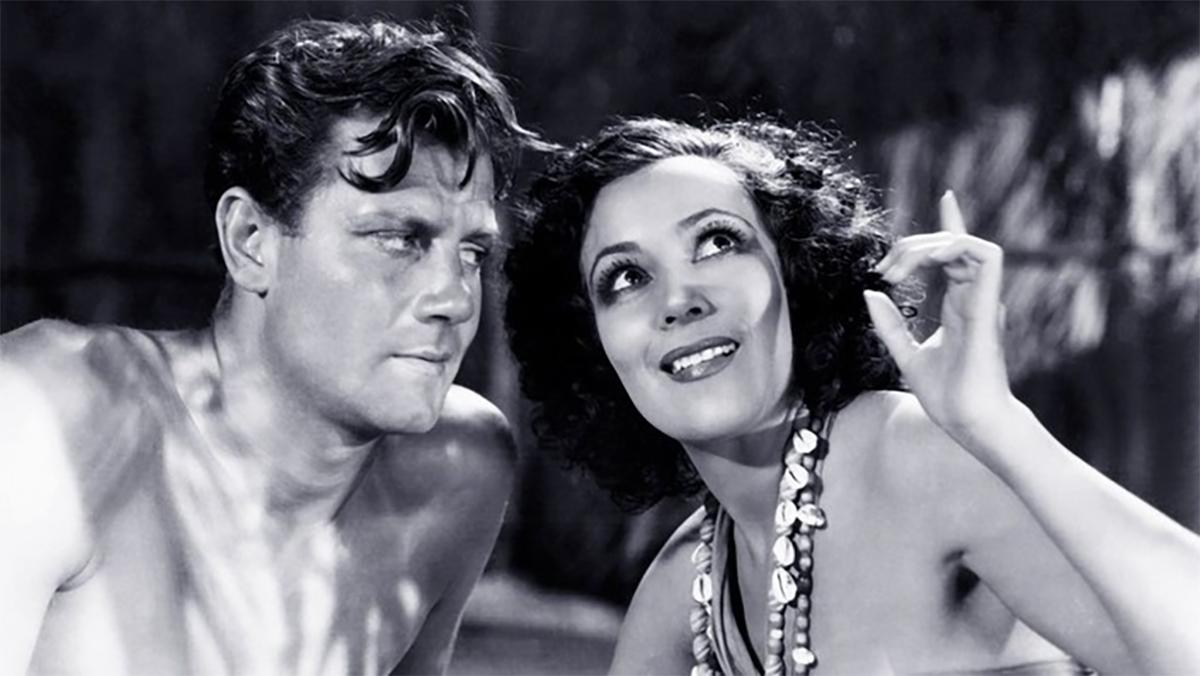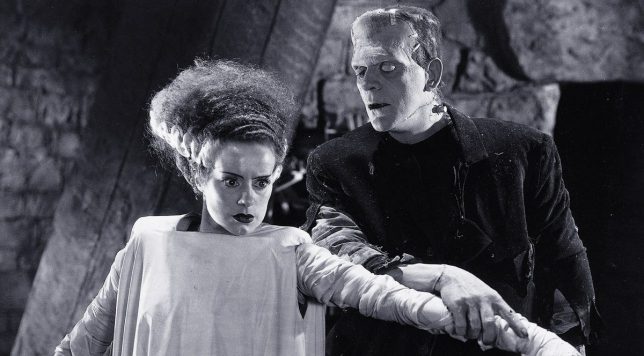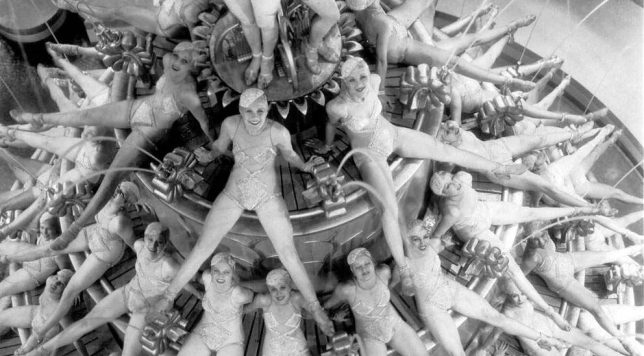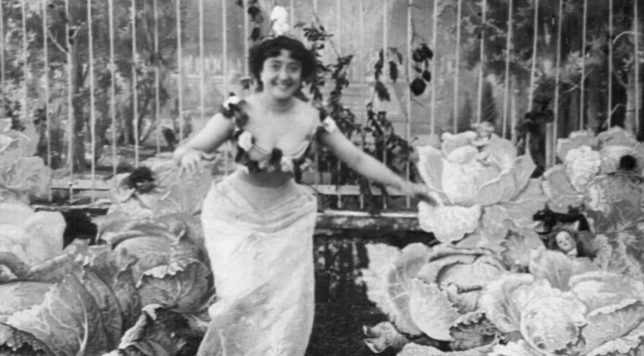Christmas in July (1940). 68 minutes. Directed by Preston Sturges. Starring Dick Powell (as Jimmy MacDonald), Ellen Drew (as Betty Casey), Raymond Walburn (as Dr. Maxford), Alexander Carr (as Mr. Shindel), William Demarest (as Mr. Bildocker), Ernest Truex (as J. B. Baxter), Franklin Pangborn (as Don Hartman), and Georgia Caine (as Ellen MacDonald). Written by Preston Sturges.
Christmas in July might initially appear to be a holiday film akin to It’s a Wonderful Life (1946), Christmas in Connecticut (1945), or Holiday Inn (1942); but Christmas in July, in spite of its name, is not an actual Christmas movie and does not take place during the holiday season. (It is also not the origin of the phrase, “Christmas in July,” which has roots in the late 19th century.) The movie is instead about gift-giving and abundance manifested outside of the winter months—in the spirit of Christmas beneficence but devoid of the religious sentiment. The film’s protagonist, Jimmy










